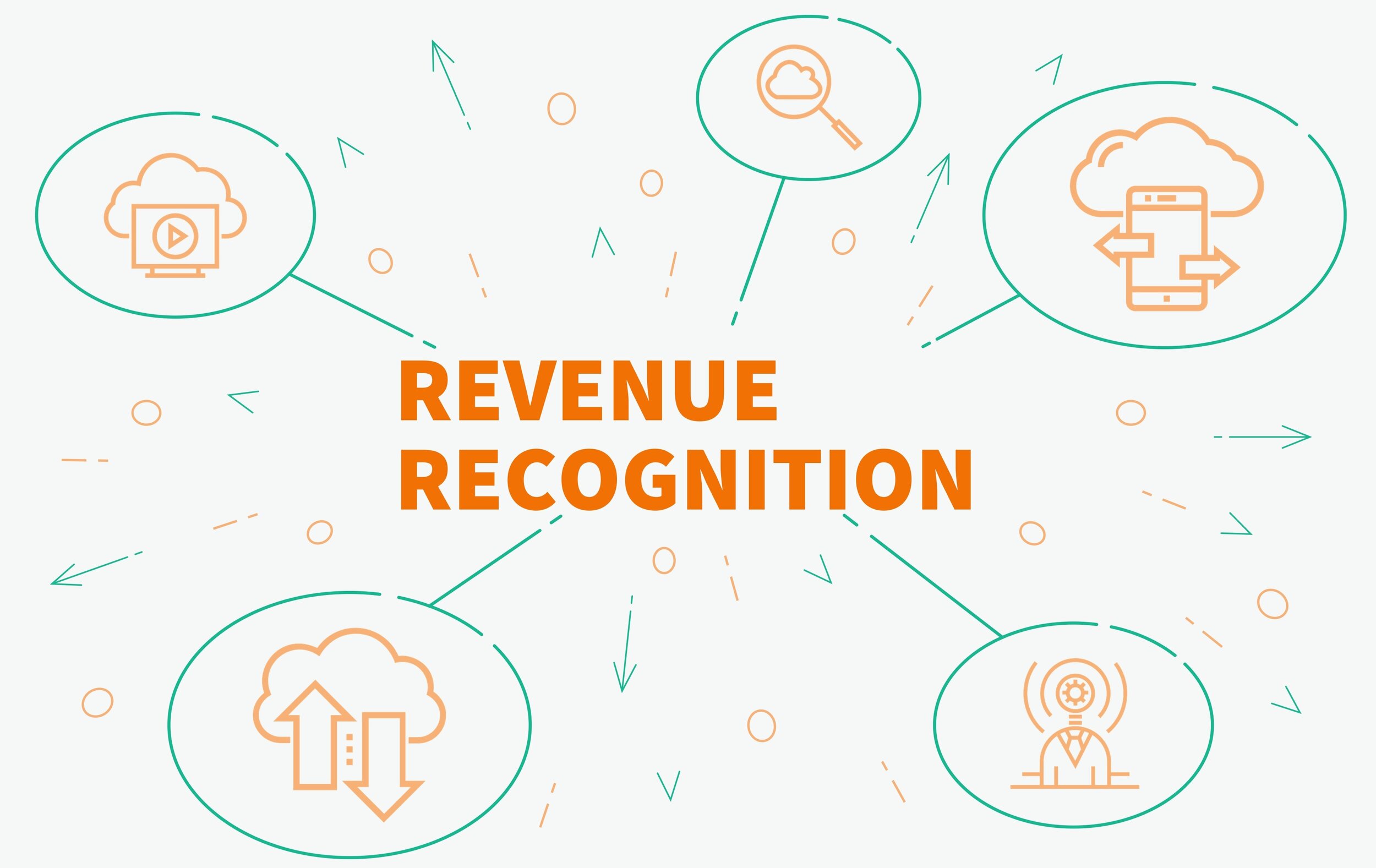Applying Revenue Recognition to Commercial Contracting
21 August 2019
Revenue recognition is an accounting principle that sometimes escapes the corridors of the finance department and finds its way to the boardrooms where legal contracts are being negotiated.
Lawyers can also be guilty of throwing the term around without a detailed understanding of the concept and its application. This article clarifies how revenue recognition applies to contractual discussions around termination for convenience provisions, payment methodologies and deemed acceptance provisions.
Background
Revenue recognition became a hot topic when the Enron scandal broke out in the early 2000s. Audits of Enron’s financial statements showed that they had been recognising revenue that was not contractually recognisable. Jump forward a few years and the international accounting bodies responded. In May 2014 the previous accounting standard (IAS 18 - Revenue) was updated with new standards (IFRS 15 & ASC 606-10-25-3 – Revenue from Contracts with Customers), that specifically deal with recognising revenue. These are international accounting standards that apply in most markets, including the United Kingdom and South Africa.
Termination for convenience
In fast changing industries our clients often require the strategic flexibility to be able to terminate supply contracts without cause. The inclusion of a ‘termination for convenience’ clause in a contract does pose a degree of commercial risk to the supplier as their revenue over the contract term is not altogether guaranteed. Suppliers are therefore inclined to push back on the inclusion of a termination for convenience clause, relying on the claim that the clause will hinder their finance teams from being able to recognise the full revenue stream flowing from the contract.
The new financial reporting standards referred to above provide the following guidance:
If an agreement (i) provides for termination for convenience and can be terminated at any time, and (ii) the supplier is not entitled to any compensation or the termination charges are insignificant, then the supplier is not permitted to recognise the contract revenue for the full contract term (technically they can only recognise revenue for the termination notice period e.g. 30/60/90 days).
If an agreement (i) provides for termination for convenience and can be terminated at any time, and (ii) the supplier would be entitled to “substantive” termination charges, then the parties’ rights and obligations are regarded to support and extend for the stated contract term and the supplier is permitted to recognise the contract revenue for the full contract term. This position was confirmed by the Transition Resource Group, established by the international accounting bodies.
The Transition Resource Group further acknowledged that in determining what “substantive” termination charges are, judgment has to be applied with consideration given to quantitative and qualitative factors. At present there are no firm guidelines, save that simply compensating a supplier for services or deliverables provided up to the effective date of (early) termination will not be regarded as substantive.
Customers should feel confident rejecting suppliers’ objections to termination for convenience clauses based on the recently updated accounting standards relating to revenue recognition, as such clauses do not inhibit or preclude revenue recognition. It would be the duty of the supplier to raise the point of the inclusion of substantive termination charges and to demonstrate how any proposed termination charges were calculated. Customers, generally guided by a commercial steer from their business stakeholders, will then be in a position to consider whether the flexibility of being able to step away from a contract is worth the cost of the proposed termination charges.
Payment methodologies
In relation to payments for deliverables we often see suppliers looking to ‘manage’ their revenue. Suppliers will specify in the agreement that they can invoice on a monthly or quarterly basis which will allow them to generate and record their revenue regardless of whether they are delivering under the agreement to the customer’s satisfaction. This contrasts the position that customers typically look to adopt, which is to push for payment upon the achievement of pre-determined milestones and/or customer acceptance. In such instances suppliers can only recognise revenue intermittently when the milestones are achieved or the customer has accepted the deliverables. Milestone based payment is, however, commercially reasonable in most delivery based transactions when the alternative would be for the supplier to recognise revenue based on the elapse of time and irrespective of whether anything has actually been delivered.
Revenue ‘management’ is also why suppliers push for the inclusion of deemed acceptance provisions for deliverables and/or professional services rendered. Suppliers can secure their ability to recognise their revenue within a limited time after delivery of the deliverables and furthermore the deliverables are less prone to the risk of being rejected by the customer for one or more acceptance cycles.
Lighthouse Law
The information and views contained in this article does not constitute legal advice. If you do require legal advice, please contact us on hello@lighthouse.law.

